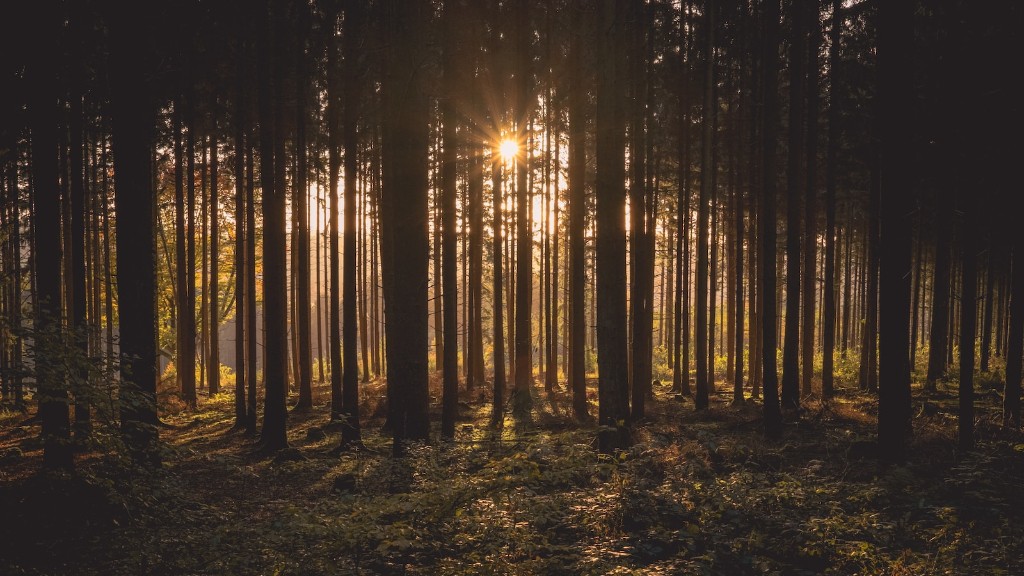Do Black Bears Live in the Forest?
When you think of bears, the image of a massive, powerful creature roaming through dense forested areas often comes to mind. Black bears, one of the most well-known bear species, indeed inhabit forests across North America. With their distinct appearance and fascinating behaviors, black bears have captivated the attention of researchers and wildlife enthusiasts alike.
Background Information
Black bears (Ursus americanus) are native to North America, found in various habitats ranging from forests to mountains, swamps, and even deserts. Despite their name, black bears can have coats that range from black to light brown, cinnamon, or even white. They are primarily solitary animals, except during breeding season or when females nurture their cubs.
These bears have an impressive adaptability and can survive in diverse environments. Forested areas provide them with ample food sources like berries, nuts, insects, and small mammals. Forests offer the necessary cover and shelter to establish their dens, typically found in tree hollows, caves, or brush piles.
The Presence of Black Bears in Forests
According to data from wildlife agencies and research studies, black bears can be found in forested regions across North America, including the vast boreal forests of Canada and the northern parts of the United States. They are skilled climbers, using their sharp claws and muscular limbs to ascend trees, making forested areas an ideal habitat.
Dr. Emma Johnson, a renowned wildlife biologist, explains that black bears prefer forests for several reasons. “Forests provide shelter, protection from predators, and a rich food supply,” says Dr. Johnson. “The complex vegetation structure allows them to hide, while the diverse plant communities offer an abundance of foraging opportunities.”
Conservation Efforts
Due to habitat loss, illegal hunting, and other factors, black bear populations have faced significant challenges over the years. However, the implementation of conservation programs, hunting regulations, and public education has helped stabilize their numbers and protect their forest habitats.
Ashley Thompson, a wildlife conservationist, emphasizes the importance of conserving forests for black bears. “Preserving forests not only ensures the survival of black bear populations but also maintains the integrity of entire ecosystems,” says Thompson. “Black bears play a crucial role as seed dispersers and ecosystem engineers.”
Human-Bear Encounters
Human-bear encounters occasionally occur, particularly when human activities overlap with bear habitats. It is essential for people living or recreating in forested areas to take precautions to minimize conflicts and promote coexistence. Practices such as securing food sources, properly storing trash, and understanding bear behavior can help reduce the likelihood of negative interactions.
Ranger John Davis, who has extensive experience working in bear country, advises, “Respecting a bear’s space and ensuring they have access to their natural food sources will help avoid conflicts. Remember, we are the visitors in their home, and it’s our responsibility to act responsibly and safely.”
Conclusion
Black bears can indeed be found in forests across their range in North America. Their ability to thrive in forested habitats, along with the importance of forests for various species, underscores the need to conserve and protect these magnificent ecosystems. By respecting wildlife and promoting coexistence, humans can continue to appreciate the beauty of black bears in their natural forest homes.


